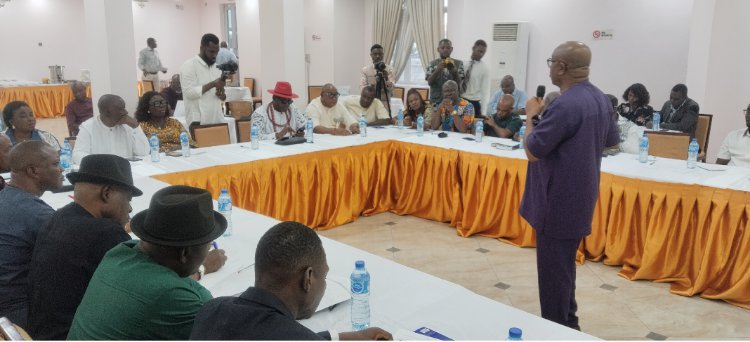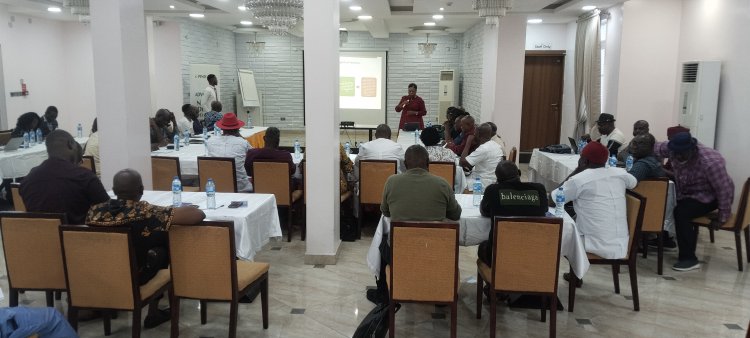PIA: Ford Foundation, PIND, CEPEJ empower Delta Host Community Trusts, others on local support initiatives

By Ezekiel Kagbala
Representatives of Host Community Development Trusts and other stakeholders across the Niger Delta region on Thursday converged on Warri, Delta State, for a stakeholders consultative meeting on local support for the Petroleum Industry Act (PIA) Implementation otherwise known as 'The Bridges Project'.
Sponsored by the Foundation for Partnership Initiatives in the Niger Delta (PIND) and Ford Foundation in collaboration with the Center for Peace and Environmental Justice (CEPEJ), the enlarged Stakeholders Consultative Meeting had in attendance traditional rulers, community leaders, Board of Trustees, Management Committees, and Advisory Committees of different Host Community Development Trust (HCDT) as well as members of the Civil Society Organizations (CSOs), and Settlors, among others.
The Petroleum Industry Act (PIA) 2021 which provides for the establishment of host communities fund and other related matters in the upstream, midstream and downstream sectors of the petroleum industry, was enacted to provide for the legal, governance, regulatory, and fiscal framework for the Nigerian Petroleum Industry.
But the 'Bridges Project' aims at deepening the knowledge of stakeholders on the PIA Chapter three.
Addressing participants at the Stakeholders Consultative Meeting, the Advocacy Manager, PIND, Mr Chuks Ofulue noted that "the Bridges Project is a collaborative intervention by PIND and Ford Foundation to effectively implement Nigeria's PIA".
He explained that the Project is domiciled in five Niger Delta States - Akwa-Ibom, Bayelsa, Delta, Ondo and Rivers.

In her presentation, a PIND Consultant, Dr. Racheal Misan-Ruppee, highlighted the significance of five models which are multiple Settlors communities model, project and capacity building model, a matrix sharing model, inclusivity in gender and persons with disabilities model, monitoring and evaluation framework model.
Also speaking, the National Coordinator of the Center for Peace and Environmental Justice (CEPEJ), Comrade Sheriff Mulade, described the stakeholders meeting as "a fruitful one which has helped to broaden the understanding of host communities on the PIA Chapter three implementation".
Representatives of the monarchs of Ogulagha, Gbaramatu Kingdom, Egbema kingdom respectively as well as the Acting Chairman Warri Kingdom Coastal Host Community Development Trust, Mrs. Adamole Doris, all thanked the organizers of the stakeholders consultative meeting for the initiative.
They however expressed concern over the slow pace of implementation of the PIA.
Participants at the stakeholders consultative meeting were later grouped into different sections in accordance to the models to enable them come up with ways that will help facilitate the implemtation of the PIA in their respective areas.
The Chairman of the Multi Stakeholders Platform, Prof Femi Ajibola, in an interview with journalists, observed that "the PIA is a gradual process that needs to be followed logically for the good of all parties involved".













